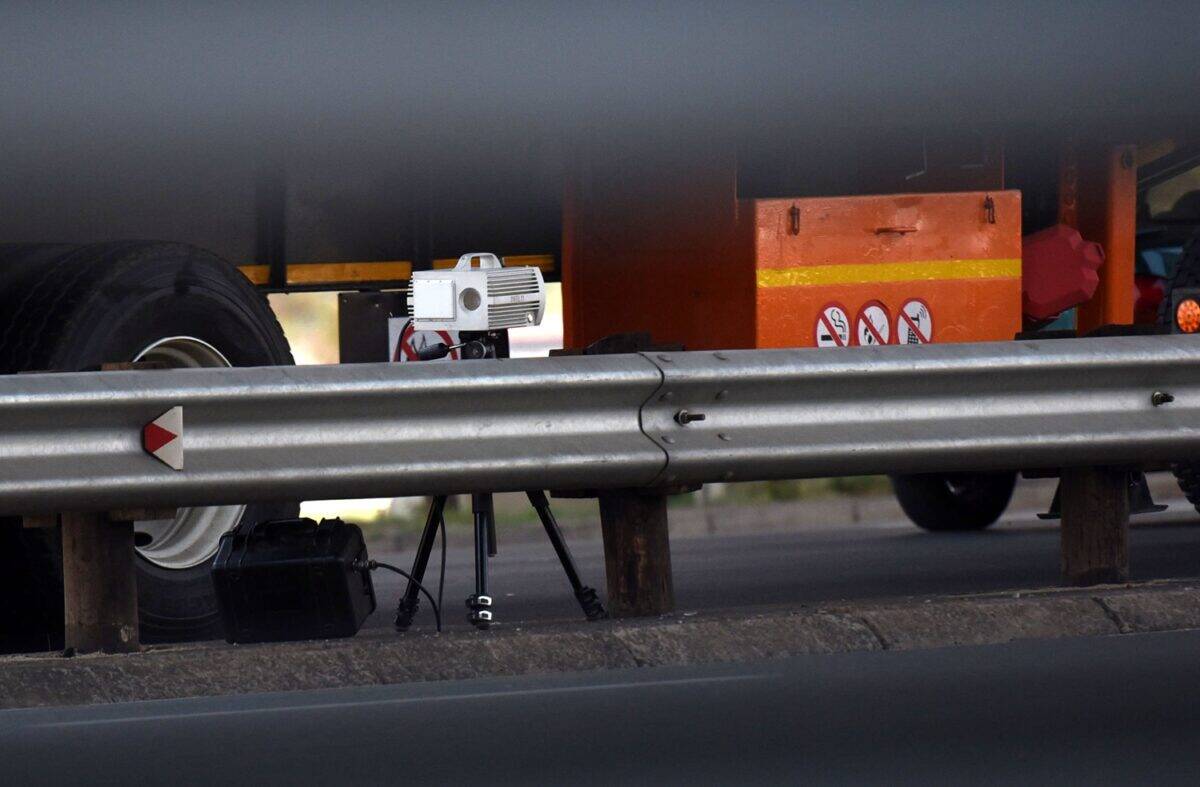Aarto introduces a 10km/h leeway before fines apply, but exceeding it could mean steep penalties and even court appearances.

How fast can you go without getting a speeding ticket?
That’s the question motorists face as the new Administrative Adjudication of Road Traffic Offences (Aarto) system promises drivers some lenience for exceeding the set speed limit.
Many motorists in the past fell victim to unscrupulous authorities who pulled them over to issue a fine, even if they had exceeded the speed limit by just a fraction.
Often, the poor motorist is at the mercy of traffic police who may use their discretion and either let the motorist go, or issue a fine, all without a hint of a smile.
This does not include the police who use exceeding the limit as a threat to force drivers to pay a bribe – a common practice on South African urban roads.
Aarto introduces a 10km/h margin for lenience
However, the new dispensation includes a tolerance of around 10km/h, after which you could be fined if caught by traffic authorities or a speed trap on the road.
The 10km/h margin is intended to account for differences in speedometer calibration, but this does not apply to average speed-over-distance traps on the road.
ALSO READ: Aarto Act rollout looms: RTIA says it’s ready, but concerns linger
According to Aarto, the tolerance over the limits is used to prevent clogging South Africa’s already overburdened legal system with prosecutions of motorists who exceed the speed limit by only a few kilometres.
“As such, South Africans will only be fined when travelling 11km/h or more over the speed limit,” Aarto said.
However, before you get too comfortable about the speed “cushion”, Aarto sets much higher penalties once you are outside that cushion.
In 60km/h zones in urban areas, the fines start at R400 for being 11km/h to 12km/h over and go up to R3 200 for being 29km/h to 30km/h over.
Faster than 31km/h over the limit in a 60km/h means you have to go to court, with no option of an administrative fine.
Of highways where the limit is 120km/h, the same stepped fine structure applies, up to 40km/h over. Higher than that, you go to court.
ALSO READ: Aarto demerit system: Beware of ‘ghost fines’ from fraudsters
Aarto expert Doug Warren warns: “Think about it. If you get convicted in court, you’ll have a criminal record… and that limits a lot of the things you can do.”
Demerit points add long-term consequences
Each infringement carries demerit points, ranging from 1 to 6. The upper level is for offences where a court appearance is mandatory.
When a driver reaches a total of 15 demerit points, his or her licence is cancelled and a reapplication must be made.
The demerit points only kick in officially later next year.
However, the system ensures that errant drivers are kept on the straight and narrow by providing that demerit points can be removed – but only one point for every three months of infringement-free motoring.
This means that to get rid of 14 demerits (just under the level where you would lose your licence) will require 42 months or more than three and a half years.
NOW READ: Roughly 35 taxi drivers per day found without valid licences in Gauteng
Support Local Journalism
Add The Citizen as a Preferred Source on Google and follow us on Google News to see more of our trusted reporting in Google News and Top Stories.






